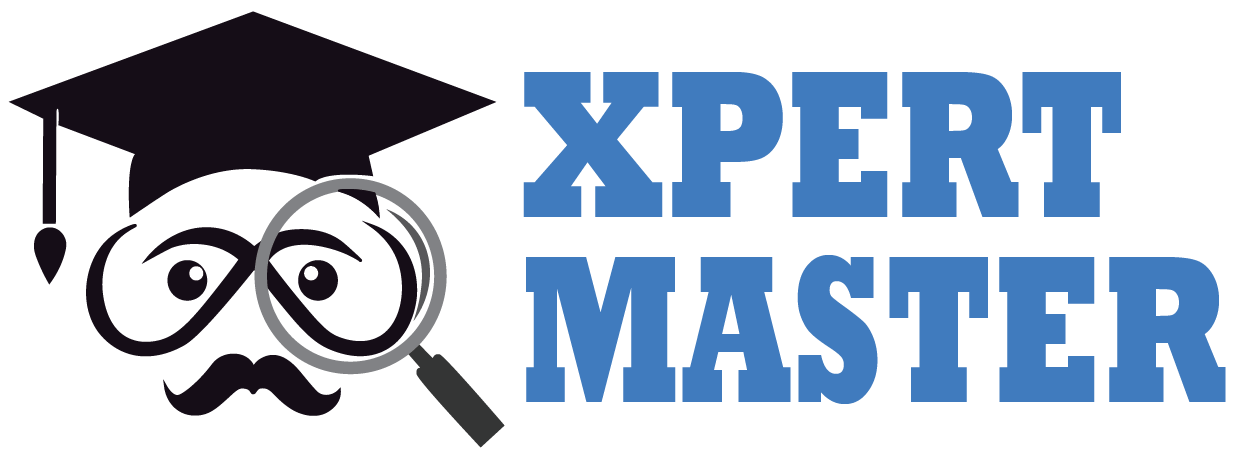Upholding Academic Integrity: Navigating Plagiarism Policies in Higher Education
Higher education plagiarism policies– The role of plagiarism policies in higher educational institutions is to ensure the academic integrity and honesty of students. The act of plagiarism, defined as using another person’s ideas or work without proper credit, can be a serious offense for students and institutions. This article will examine Higher Education Policies, along with the importance of plagiarism policies in higher education and how they are enforced. We will also discuss what students and institutions can to do prevent plagiarism.
In higher education, plagiarism policies are essential because they ensure originality and authenticity in academic work. Originality is valued in a college setting. Students are expected to conduct their own research and write original content. Students who plagiarize undermine their own integrity, the integrity of other students’ work and that of the institution. Plagiarism may also have grave legal consequences, since it can involve copyright laws.
Why is it important to have plagiarism policies in higher education?
- Plagiarism policies in higher education are essential as they promote academic integrity and honesty. To foster a culture that promotes honesty and integrity in an academic community it is important to have policies that clearly outline the consequences for violating these values. Students can use plagiarism policies to learn what is and isn’t acceptable. They are also encouraged to take responsibility for their work.
- In higher education, plagiarism policies are enforced by a combination educational interventions and disciplinary action. Education interventions can include seminars, workshops, and online resources to teach students proper citation techniques. How to avoid plagiarism . Discipline actions can include academic sanctions such as failing an assignment or course, or more severe consequences such as expulsion.
- Students and institutions can prevent plagiarism by taking several steps. The most important thing for students is to correctly cite any sources they use in their work. Both direct quotes and paraphrased materials are included. It is important that students understand the difference between copying and paraphrasing. Simply changing a few sentences in another person’s work can still be considered plagiarism.
- In addition, institutions can play a part in preventing plagiarism through the provision of resources and support that help students to understand proper citation techniques. It may be possible to offer workshops, seminars or online resources which teach students how to avoid plagiarism. To help detect plagiarism, institutions can use plagiarism software.
The conclusion of the article is:
Conclusion: Plagiarism policies in higher education play an important role in maintaining the academic integrity of both students and institutions. These policies promote academic integrity and honesty, as well as ensuring the authenticity and originality of academic work. They also help students understand what’s acceptable and what’s not. Students and institutions can prevent plagiarism by using plagiarism detection software and citing sources correctly.
Plagiarism Detection Tools for Non-University Users: Turnitin Plagiarism Check
Plagiarism is a serious concern for students, independent researchers, authors, and freelancers. […]
Ways to Detect Plagiarism Without Access to Turnitin
Turnitin is one of the most popular plagiarism detection tools used by […]
Can Turnitin Detect Plagiarism Tricks? Understanding Turnitin’s Capabilities
Can Turnitin Detect Plagiarism Tricks?
Turnitin is one of the most trusted tools […]
Turnitin Plagiarism Detection Benefits
Turnitin Plagiarism Detection Benefits
Turnitin is one of the most trusted and widely […]
What Is an Acceptable Turnitin Similarity Score in 2026? A Complete Guide for Students
What Is an Acceptable Turnitin Similarity Score in 2026? A Complete Guide
In […]
Plagiarism Checking and Removal Services on WhatsApp – Fast & Reliable Support
Introduction:
In today’s academic and professional world, ensuring that your work is plagiarism-free […]


